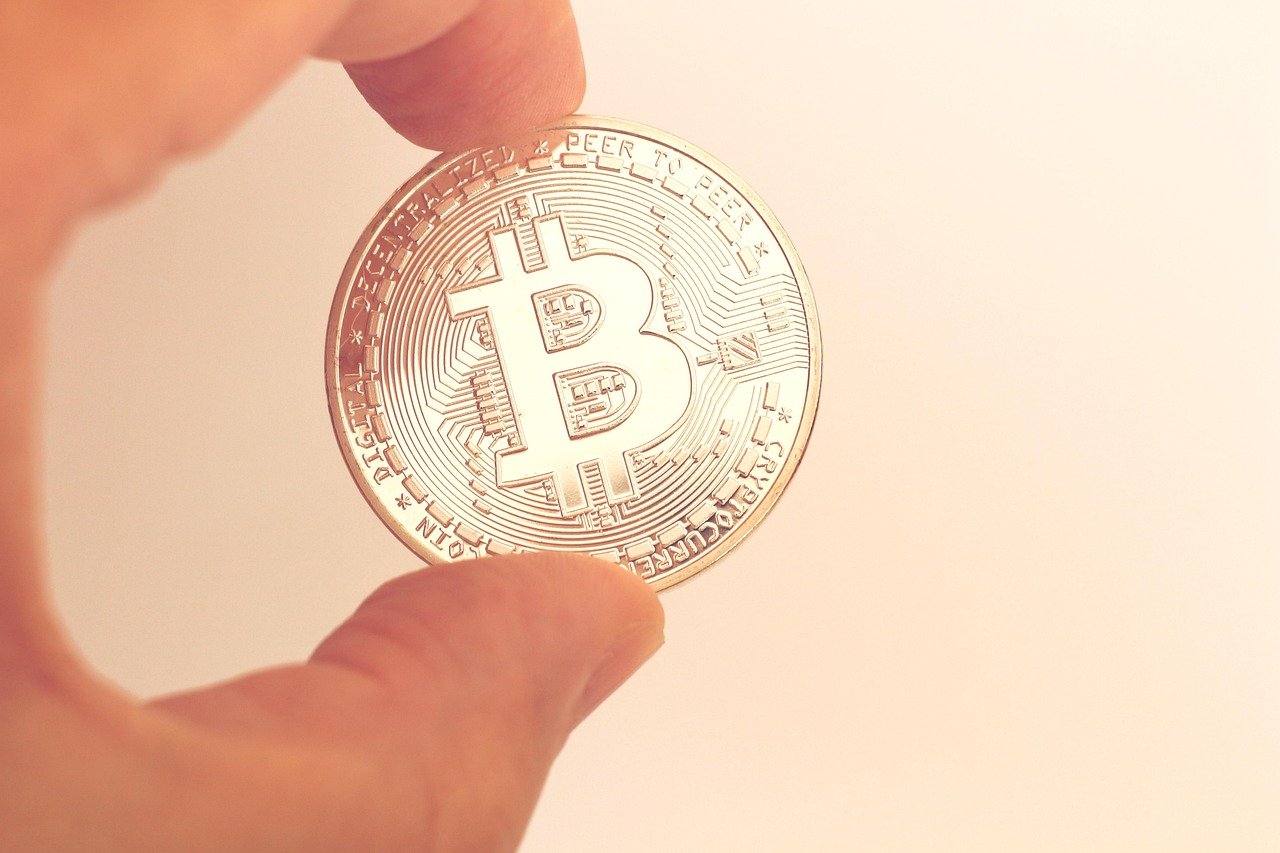Privacy is a fundamental right, and in the digital age, it’s becoming increasingly important to protect our financial transactions. Privacy coins offer a way to transact digitally with a higher degree of anonymity compared to traditional cryptocurrencies like Bitcoin. But what are privacy coins, and how do they work? This blog post dives deep into the world of privacy coins, exploring their features, benefits, and potential drawbacks.
What are Privacy Coins?
Privacy coins are cryptocurrencies designed to obscure transaction details, making it difficult to trace the sender, receiver, and the amount transacted. They aim to enhance user anonymity and provide a higher level of financial privacy compared to more transparent cryptocurrencies like Bitcoin. While Bitcoin offers pseudonymity through public addresses, transaction history is permanently recorded on a public ledger, making it potentially traceable. Privacy coins employ various cryptographic techniques to break this link.
Key Features of Privacy Coins
- Anonymity: The primary goal is to hide the identities of the parties involved in a transaction.
- Untraceability: Transactions are difficult or impossible to link back to specific users.
- Confidentiality: The transaction amount is often hidden from the public ledger.
- Fungibility: Each coin is interchangeable, making it harder to blacklist specific coins based on their transaction history. This improves the overall usability and reliability of the currency.
How Privacy Coins Differ from Bitcoin
While Bitcoin offers a degree of pseudonymity, it’s not truly private. Transactions are recorded on a public blockchain, and sophisticated analysis techniques can sometimes link Bitcoin addresses to real-world identities. Privacy coins, on the other hand, use techniques like:
- Ring Signatures: (Used by Monero) Multiple signatures are combined, making it impossible to determine which signature belongs to the actual sender.
- Stealth Addresses: (Used by Monero) Creates unique, one-time addresses for each transaction, preventing the sender’s address from being revealed.
- zk-SNARKs (Zero-Knowledge Succinct Non-Interactive Argument of Knowledge): (Used by Zcash) Allows transactions to be verified without revealing any information about the sender, receiver, or amount.
- CoinJoin: (Implemented in some Bitcoin wallets and available in privacy coins like Dash) Combines multiple transactions into a single transaction, obscuring the origin of funds.
Prominent Privacy Coins
Several privacy coins have emerged, each with its own unique approach to achieving anonymity. Here are a few of the most well-known:
Monero (XMR)
Monero is arguably the most well-known privacy coin, prioritizing privacy as its core principle. It utilizes ring signatures, stealth addresses, and RingCT (Ring Confidential Transactions) to obscure transaction details. Monero’s privacy features are enabled by default, meaning all transactions are private.
- Example: If Alice sends Monero to Bob, the transaction is recorded on the blockchain, but the actual sender and receiver addresses are hidden using stealth addresses and ring signatures. The amount sent is hidden by RingCT.
Zcash (ZEC)
Zcash offers both transparent and shielded transactions. Shielded transactions utilize zk-SNARKs to ensure complete privacy, allowing transactions to be verified without revealing any information about the sender, receiver, or amount. Users can choose to send Zcash transparently (like Bitcoin) or privately using the shielded pool.
- Example: Carol can send Zcash to David using the shielded pool. The transaction is verified using zk-SNARKs, but no one can see Carol’s address, David’s address, or the amount sent. If Carol sends Zcash transparently, the transaction will be visible on the public blockchain like a Bitcoin transaction.
Dash (DASH)
Dash offers a feature called PrivateSend, which uses CoinJoin to mix transactions with others, obscuring the origin of funds. It’s an optional feature, providing users with the flexibility to choose whether they want to transact privately.
- Example: Eve wants to send Dash to Frank privately. She uses PrivateSend to mix her transaction with several others. This makes it more difficult to trace the funds back to Eve’s original address. However, this process involves trusting the Masternodes that perform the mixing, a potential point of centralization and vulnerability.
Other Notable Privacy Coins
- Grin (GRIN): Uses Mimblewimble protocol for scalability and privacy.
- Beam (BEAM): Also uses Mimblewimble and focuses on user experience.
Benefits of Using Privacy Coins
Privacy coins offer several benefits, particularly for individuals and businesses seeking greater financial control and anonymity.
Enhanced Financial Privacy
- Privacy coins protect users from unwanted surveillance and potential discrimination based on their transaction history. They ensure that personal financial information remains private.
- Example: A small business owner might use a privacy coin to pay suppliers without revealing sensitive financial details to competitors.
Increased Security
- By obscuring transaction details, privacy coins can reduce the risk of targeted attacks and theft. It’s harder for malicious actors to track and exploit transactions.
Greater Fungibility
- Since each coin is indistinguishable from another, privacy coins offer better fungibility compared to cryptocurrencies with transparent ledgers. This helps prevent coin tainting, where coins are associated with illegal activities and become less valuable.
Freedom from Censorship
- Privacy coins can provide a way to transact freely without fear of censorship or control by governments or financial institutions. This is especially important in regions with oppressive regimes or strict financial regulations.
Challenges and Criticisms of Privacy Coins
Despite their benefits, privacy coins also face certain challenges and criticisms.
Regulatory Scrutiny
- Governments and regulatory bodies are concerned about the potential use of privacy coins for illicit activities, such as money laundering and terrorist financing. This has led to increased regulatory scrutiny and potential restrictions on the use of privacy coins.
- Example: Some cryptocurrency exchanges have delisted privacy coins due to regulatory pressure.
Scalability Issues
- Some privacy-enhancing technologies, such as zk-SNARKs, can be computationally intensive and may impact the scalability of the blockchain.
Complexity
- Understanding and using privacy coins can be more complex than using traditional cryptocurrencies. This can be a barrier to entry for some users.
Perceived Association with Illicit Activities
- The emphasis on privacy can lead to a perception that privacy coins are primarily used by criminals, even though the vast majority of users are law-abiding individuals seeking financial privacy. This perception can negatively impact the adoption of privacy coins.
Potential for Misuse
- While intended for legitimate privacy purposes, privacy coins can be misused by individuals seeking to conceal illegal activities. It’s crucial to balance the need for privacy with the need to prevent illicit uses.
Practical Tips for Using Privacy Coins
If you choose to use privacy coins, here are some practical tips to maximize your privacy and security:
Use a Reputable Wallet
- Choose a wallet that supports the specific privacy coin you want to use and has a strong reputation for security and privacy. Consider using open-source wallets where the code is publicly audited.
Employ Best Practices
- Avoid reusing addresses and take advantage of privacy-enhancing features offered by the wallet and the privacy coin itself. Regularly update your wallet software.
Understand the Technology
- Familiarize yourself with the privacy features of the coin you’re using and how they work. This will help you make informed decisions about how to transact privately.
Be Aware of Regulatory Compliance
- Understand the regulations regarding privacy coins in your jurisdiction and ensure that you comply with all applicable laws.
Conclusion
Privacy coins offer a valuable tool for enhancing financial privacy in the digital age. While they face regulatory scrutiny and potential challenges, their benefits in terms of anonymity, security, and fungibility are significant. As technology evolves and awareness grows, privacy coins are likely to play an increasingly important role in the cryptocurrency landscape. Understanding their strengths and weaknesses is crucial for making informed decisions about their use. Ultimately, the future of privacy coins will depend on balancing the need for privacy with the need to prevent illicit activities and comply with evolving regulations.



